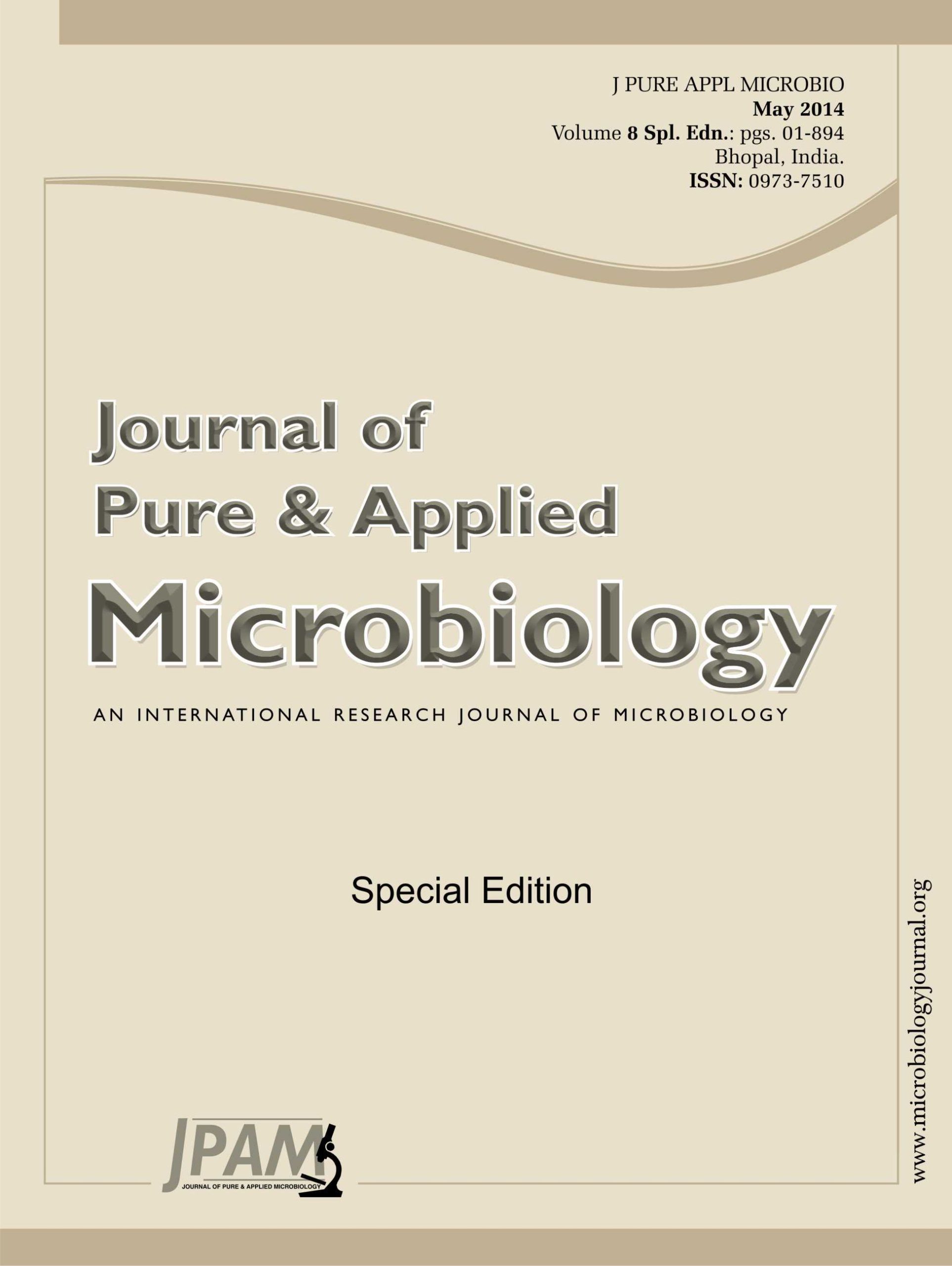Mycoplasmas and ureaplasmas species have been associated with genitourinary tract infections including infertility, a complex medical problem whose causes may be diverse. These species are susceptible to protein synthesis-inhibiting tetracyclines, fluoroquinolones and macrolides. The objectives of the study were to determine the frequency of M. hominis and U. urealyticum in infertility women, to correlate such bacterial infection and risk/predisposing factors, and to study the antimicrobial susceptibilities to some antimicrobials. Endocervical swabs from 134 women were analyzed by the “Mycofast Evolution 2” Diagnosis Kit for the identification of M. hominis and U. urealyticum, and the antimicrobial susceptibility. It was obtained 48.5% (65/134) positive samples to U. urealyticum, 21.6% (29/134) to M. hominis and 17.2% (23/134) show coinfection with both species. The positive samples to U. urealyticum showed resistance to doxycycline (40%), ofloxacin (36.9%) and roxithromycin (29.3%), while the M. hominis positive samples showed resistance to roxithromycin (51.7%), ofloxacin (41.3%) and doxycycline (34.5%). In the coinfected samples the higher resistance was to roxithromycin (65.2%). Statistical association was not demonstrated between the mycoplasmas or ureaplasmas infection and the risk/predisposing factors in this women group.
Mycoplasmas, Ureaplasma, Infertility, Antimicrobial resistance
© The Author(s) 2014. Open Access. This article is distributed under the terms of the Creative Commons Attribution 4.0 International License which permits unrestricted use, sharing, distribution, and reproduction in any medium, provided you give appropriate credit to the original author(s) and the source, provide a link to the Creative Commons license, and indicate if changes were made.


